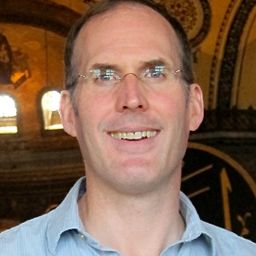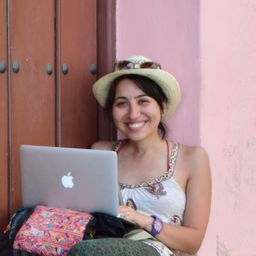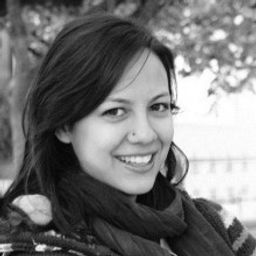Heritage as contributor to policymaking
Mon statut pour la session
This session's objective is to discover heritage skill and knowledge sets which can or do contribute in the broader policy environment to improved policy-making, implementation and outcomes. A non-exhaustive list of policy areas is cultural, economic, environmental, Indigenous, social and sustainable.
To achieve this objective we invite papers that demonstrate the use of:
• negotiation skills, gained through heritage practice,
• heritage understanding of place and time,
• heritage understanding of connections between people, things, places and values,
• heritage understanding of balancing conflicting values,
• heritage analytical and language skills e.g. in effectively framing policy problems.
Sous sessions
The historic centre of Tehran, the former bustling area with many precious buildings of Persian style architecture, has lost its attraction for many of locals and non-locals because of its incompatibility with necessities of contemporary life. Due to absentee owners and disinvestments, the consequent deterioration affected not only the quality of life in the city centre but also its cultural identity. In an attempt to investigate the fundamental reasons for these problems, this paper will ...
This paper will explore the relevancy of the nascent critical heritage studies movement to the future of built heritage conservation. This analysis leads to the conclusion that critical heritage studies theory, while useful in some contexts, is potentially unworkable in practice. To date, its theoretical precepts do not offer useful ways to weigh the values of civil and conventional experts or to offer ways to resolve conflicts inherent in the Authorized Heritage Discourse (AHD). Implement...
Everyday, the number of tourists who are willing to experience sites and events with historical, social and cultural value is increasing. This demand, as the booster of cultural tourism, transforms cultural heritage sites into popular tourist attractions. The major impact of cultural tourism on a cultural heritage site is the promotion of economic developments and functional alterations in its condition. On the other hand, while conserving and inhabiting the traditional urban fabric, the p...
This paper will explore the practical status and use of the Burra Charter in Australia. The Burra Charter evolved in Australia from the Venice Charter based on the premise that the Venice Charter did not cover many of the potential heritage places that Australians considered of significance to their indigenous and colonial heritage. It ratified in the township of Burra in South Australia in 1979. Since then, it has been modified several times; in 1981, 1988, 1999 and 2013. The key professi...






